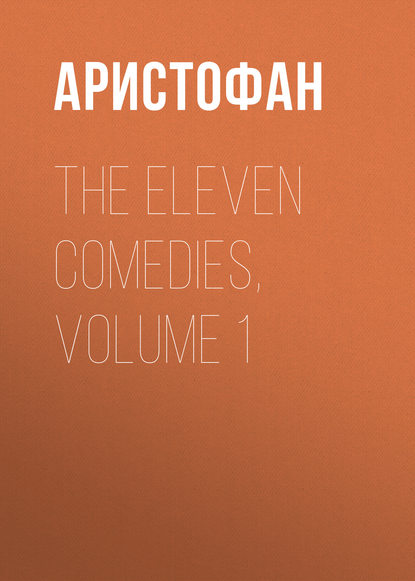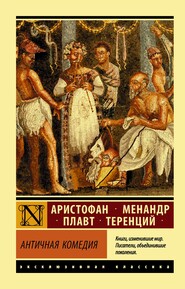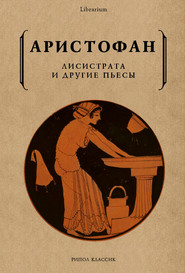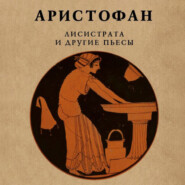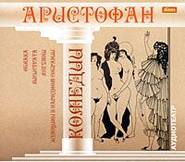По всем вопросам обращайтесь на: info@litportal.ru
(©) 2003-2024.
✖
The Eleven Comedies, Volume 1
Автор
Год написания книги
2018
Настройки чтения
Размер шрифта
Высота строк
Поля
233
Megara was allied to Sparta and suffered during the war more than any other city, because of its proximity to Athens.
234
: Throughout this whole scene there is an obscene play upon the word [Greek: choiros], which means in Greek both 'sow' and 'a woman's organs of generation.'
235
Sacrificial victims were bound to be perfect in every part; an animal, therefore, without a tail could not be offered.
236
The Greek word, [Greek: erebinthos], also means the male sexual organ. Observe the little pig-girl greets this question with three affirmative squeaks!
237
The Megarians used the Doric dialect.
238
A play upon the word [Greek: phainein], which both means to light and to denounce.
239
An informer (sycophant), otherwise unknown.
240
A debauchee of vile habits; a pathic.
241
Mentioned above; he was as proud as he was cowardly.
242
An Athenian general, quarrelsome and litigious, and an Informer into the bargain.
243
A comic poet of vile habits.
244
A painter.
245
A debauchee, a gambler, and always in extreme poverty.
246
This kind of flute had a bellows, made of dog-skin, much like the bagpipes of to-day.
247
A flute-player, mentioned above.
248
A hero, much honoured in Thebes; nephew of Heracles.
249
A form of bread peculiar to Boeotia.
250
A lake in Boeotia.
251
He was the Lucullus of Athens.
252
This again fixes the date of the presentation of the 'Acharnians' to 426 B.C., the sixth year of the War, since the beginning of which Boeotia had been closed to the Athenians.
253
An Informer.
254
The second day of the Dionysia or feasts of Bacchus, kept in the month Anthesterion (February), and called the Anthesteria. They lasted three days; the second being the Feast of Cups, a description of which is to be found at the end of this comedy, the third the Feast of Pans. Vases, filled with grain of all kinds, were borne in procession and dedicated to Hermes.
255
A parody of some verses from a lost poet.
256
A feasting song in honour of Harmodius, the assassin of Hipparchus the Tyrant, son of Pisistratus.
257
The celebrated painter, born at Heraclea, a contemporary of Aristophanes.





